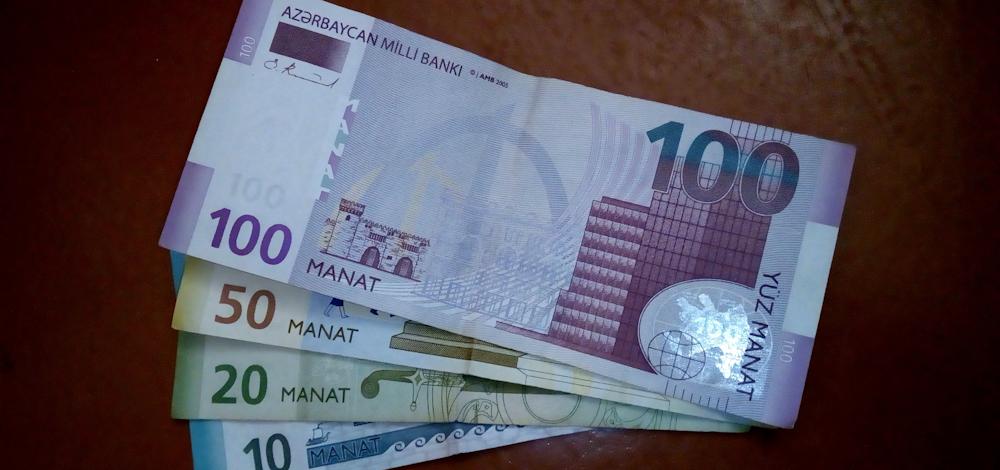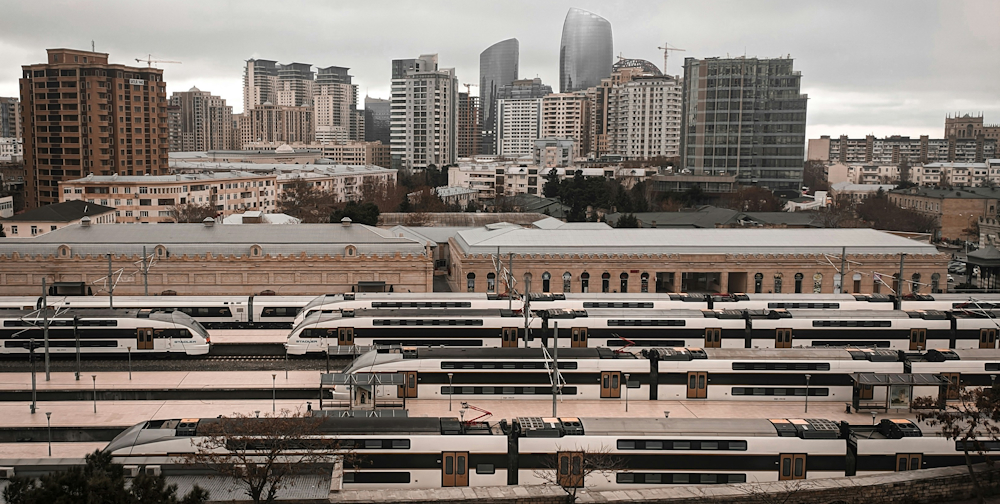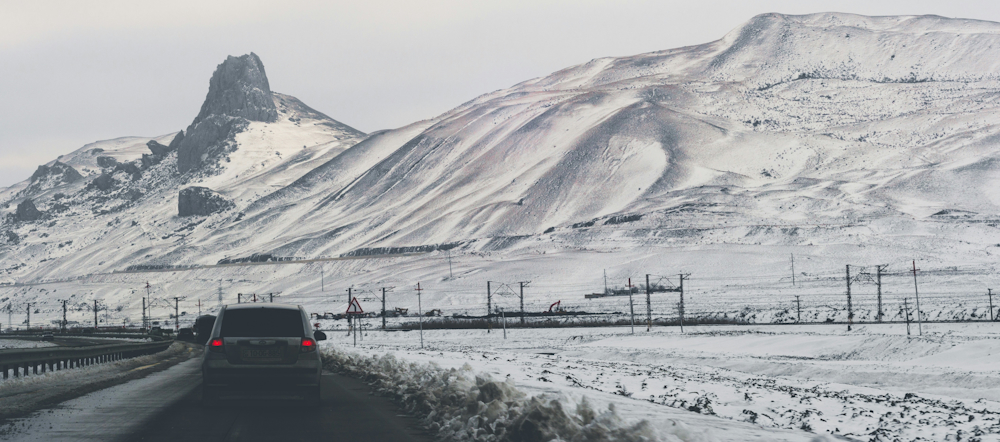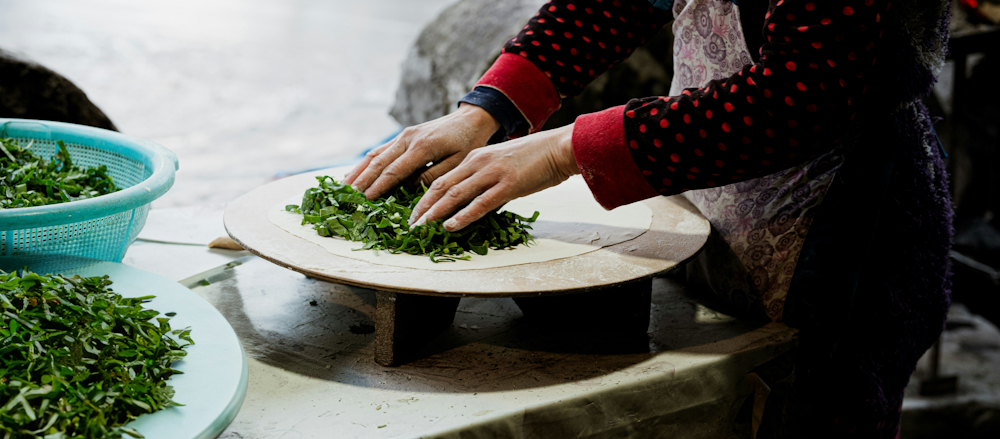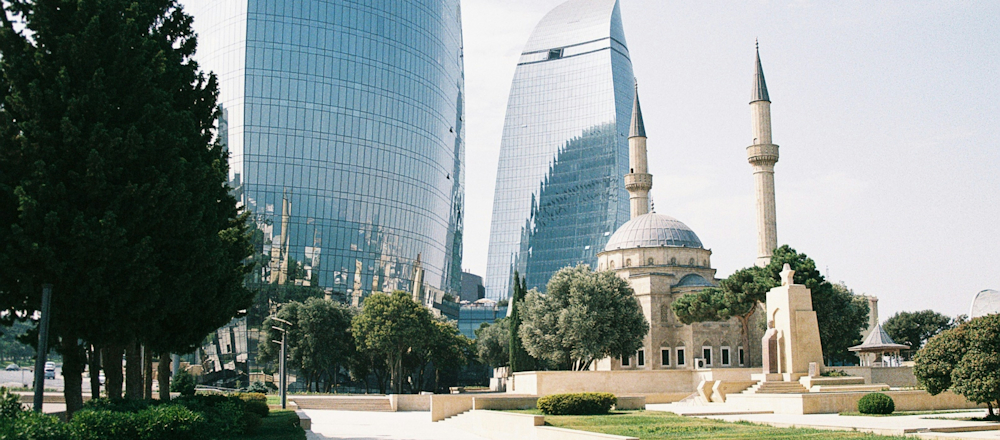When planning your move to Azerbaijan, you’ll discover a populous country lying on the Caspian Sea, ensconced between the Caucasus Mountains, at the crossroads of Europe and Asia. This expat guide to Azerbaijan shows how the country’s geography, natural resources, and location – where East meets West – have shaped its rich cultural heritage and economic development.
Living in Azerbaijan as an expat
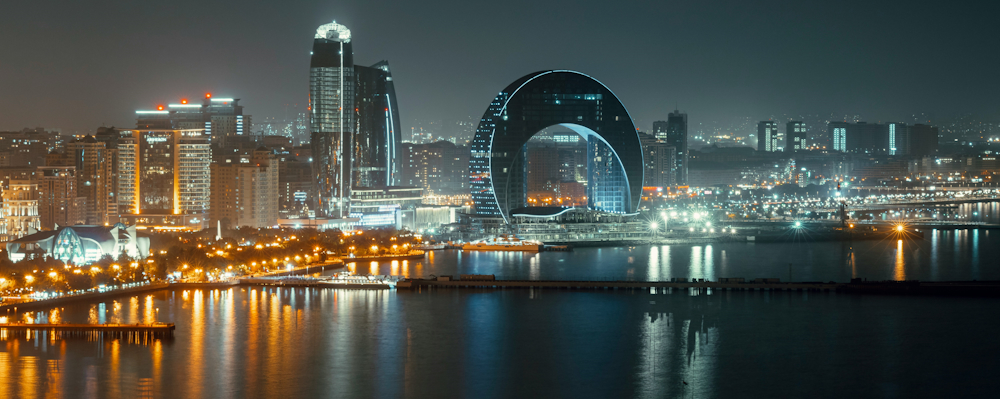
Living in Azerbaijan places expats at the heart of a former Silk Road network, where international trade has been significant throughout its history. The country is rich in oil and gas reserves, which continue to attract foreign investment and expats working in the energy sector.
Azerbaijan has developed significantly over the past few decades. Its capital, Baku, showcases this transformation with its modern cityscape, efficient metro system, extensive public transport network, luxury hotel accommodation, and unique architectural designs.
Interesting buildings such as the Heydar Aliyev Centre and the three 530- to 600-foot (160m to 180m) Flame Towers, linked to the country’s adopted motto, the Land of Fire, contrast with those in the Old City. Icherisheher, the historical centre of Baku, will surely impress newcomers, with sites including the Palace of the Shirvanshahs and the 12th-century Maiden Tower.
When moving to Azerbaijan, expats face a range of hurdles, from culture shock to safety concerns, but locals often go out of their way to help newcomers settle in. Crime rates in Baku have dropped in recent years. The Nagorno-Karabakh situation has evolved significantly since 2020. Following Azerbaijan’s offensive in late 2023, the region was officially dissolved in 2024, and a draft peace treaty between Armenia and Azerbaijan was finalised in early 2025. Most expats live in or around Baku, well away from affected areas.
Working in Azerbaijan
To legally work in Azerbaijan, you’ll need both a work permit and a temporary residence permit. Unlike tourist visas, which are available through Azerbaijan’s eVisa portal, work visas must be processed through the consulate in your home country. Recent changes exempt highly qualified foreign professionals from work permits in certain cases, although a residence permit is mandatory.
The Azerbaijan job market provides opportunities primarily in the energy sector, although the economy has diversified considerably, and non-oil industries are growing quickly. Job opportunities now span teaching, construction, humanitarian aid, agriculture, and a growing winemaking industry.
International companies often provide competitive packages for skilled foreign workers, particularly in Baku. Knowledge of Russian proves advantageous, although many businesses operate in English.
Azerbaijani culture
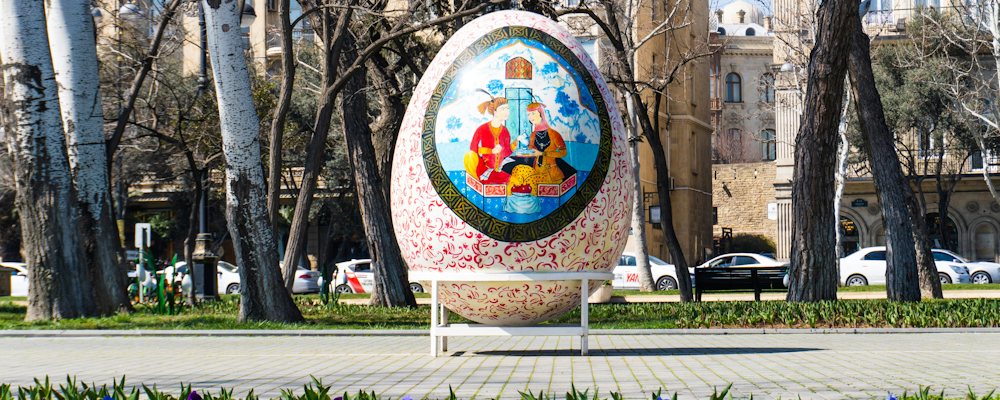
Azerbaijan’s culture reflects its place at the nexus of East and West, a convergence that is apparent in all kinds of Azerbaijani cultural traditions from cuisine to etiquette. The Azerbaijani people are warm and hospitable, with strong family values. Islam is the predominant religion, although the country maintains a secular stance.
Azerbaijan is a hierarchical society where traditions, family, and religious affiliation often take precedence over official laws. Women have many rights in Azerbaijan, but in practice, gender roles tend to follow traditional patterns.
Tea culture forms a cornerstone of social life and hospitality. You’ll likely receive invitations to share tea served in special pear-shaped glasses called armudus, accompanied by sweets and conversation. The arts scene thrives with carpet-weaving traditions that vary across regions, each with distinct designs reflecting the local natural landscapes and beliefs.
Finding accommodation in Azerbaijan
When searching for expat housing in Azerbaijan, you’ll find most options concentrated in Baku. Standards differ dramatically, depending on whether you lock down a basic Soviet-era flat or a modern luxury development. Many expats choose to live in the city centre or in newer developments in the suburbs, and some companies provide housing compounds for their international employees.
The rental process can prove challenging if you don’t have knowledge of the local language or property market. Hiring a local estate agent familiar with expat needs will simplify your search.
Renting Accommodation in Azerbaijan
Cost of living in Azerbaijan
The cost of living for expats in Azerbaijan presents both challenges and advantages. Baku ranks among the more affordable capital cities globally. Housing standards vary and living expenses can strain local budgets, but with a competitive expat employment package, you’ll find daily costs manageable and dining options plentiful.
Living in Azerbaijan with children
Life in Azerbaijan is family friendly, with a strong cultural emphasis on children and family values. Baku has several parks, museums, and recreational facilities ideal for young ones. The Baku Boulevard (National Park), stretching along the Caspian Sea, makes a fantastic spot for families to spend relaxing days outdoors. Luna Park near the city centre attracts families with exciting rides, games, and a lively atmosphere. Many expat families live in compounds or secured apartment complexes with facilities like playgrounds and swimming pools.
You should plan carefully for your family’s healthcare needs. While Baku offers decent medical care, healthcare facilities are limited outside the capital. We strongly recommend getting comprehensive medical insurance – try negotiating with your employer to cover this expense. Public healthcare is improving but varies greatly in quality, so private medical insurance is a must for expat families.
Healthcare and Medical Insurance in Azerbaijan
Finding a school in Azerbaijan
When researching international education in Azerbaijan for your children, you’ll face particular challenges in selecting suitable options. Russian is spoken across the country alongside ethnic minority languages, but Azerbaijani is the official language and main language of instruction in public schools.
Given these language barriers, expats don’t typically send their children to public schools; instead, they choose international schools, all concentrated in Baku, or boarding schools abroad. Most international schools follow either British, American, or International Baccalaureate curricula, with instruction primarily in English.
School and Education for Expats in Azerbaijan
International Schools in Azerbaijan
Getting around in Azerbaijan
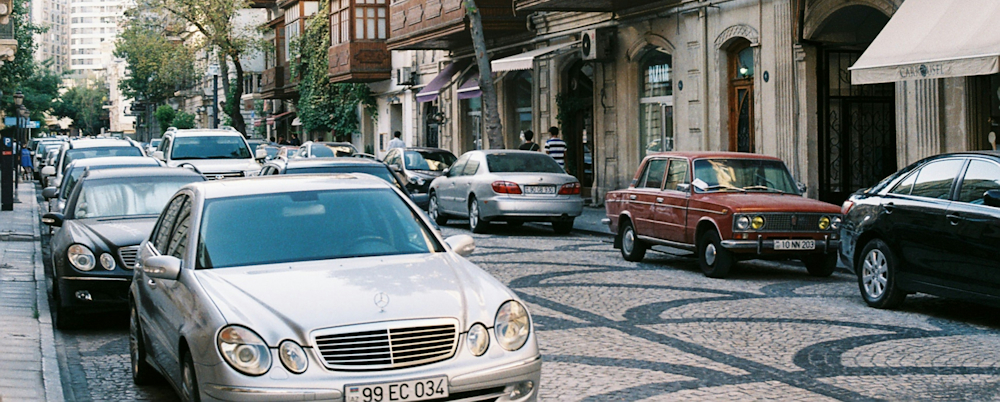
Getting around in Azerbaijan is relatively straightforward, especially in Baku with its modern metro system and extensive bus network. The capital uses the BakiKart prepaid card system for payment on the Baku Metro and BakuBus services, available from vending machines at metro stations and many bus stops. Taxis abound and cost relatively little, although you may have to get used to agreeing on fares beforehand, as many taxis are not metered.
For travel between cities, trains and buses connect major urban centres, although the quality and availability of these services drop outside the main routes. If you plan to drive, note that expats staying in Azerbaijan for over one month must get a local driver’s licence through the ASAN Service Offices.
Driving and Public Transport in Azerbaijan
Climate and weather in Azerbaijan
Azerbaijan’s weather patterns vary considerably across the country’s nine climatic zones. Most regions lie in the Humid subtropical zone, with no dry season. Summer temperatures can reach highs of 92°F (33°C), while winter (December to March) typically ranges from 34°F to 57°F (1°C to 14°C). In the mountain regions during winter, temperatures drop below zero, often as low as 14°F (-10°C). Spring and autumn offer the most pleasant conditions for outdoor activities.
Moving to Azerbaijan may not be smooth sailing for every newcomer, but by understanding cultural and political sensitivities, you and your family can embrace life in this country with an open mind.
Fast facts
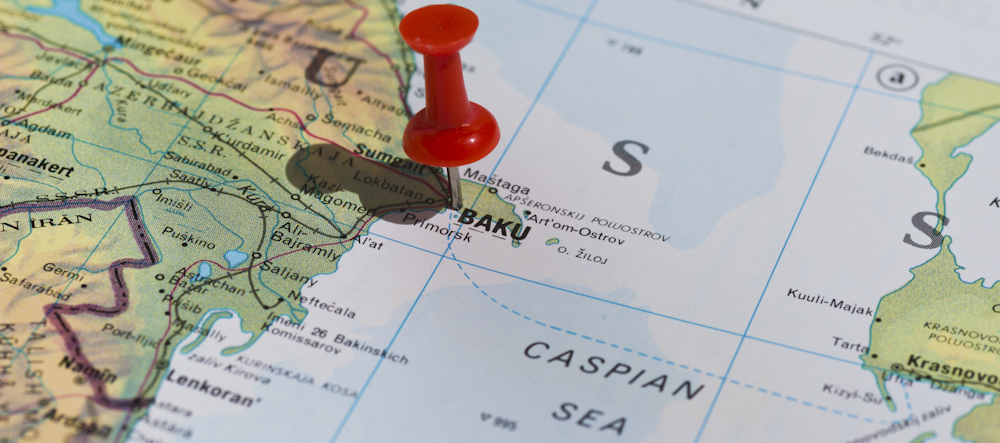
Population: Around 10.4 million
Capital city: Baku
Neighbouring countries: Azerbaijan is bordered by Russia and Georgia to the north, Armenia to the west and Iran to the south. The Nakhchivan exclave sits between Armenia to the east and Turkey to the west.
Geography: Bordering the Caspian Sea, Azerbaijan straddles Western Asia and Eastern Europe. The Greater Caucasus mountain range is in the north, and the country’s central region is characterised by extensive flatlands. Nearly half of all the world’s mud volcanoes are in Azerbaijan.
Political system: Unitary semi-presidential republic
Major religion: Islam, though Azerbaijan is largely secular, and religion is generally viewed as a private matter.
Main languages: Azerbaijani (also referred to as Azeri), with some Russian and Armenian spoken in some of the border regions.
Money: The Azerbaijani Manat (AZN) is divided into 100 qapik. ATMs and card facilities are readily available in all major urban centres, but rural areas often rely on cash.
Time: GMT+4
Electricity: 220V, 50Hz. European-style plugs with two round pins are used (types C and F)
Internet domain: .az
International dialling code: 994
Emergency contacts: 101 (fire); 102 (police); 103 (ambulance); 112 (general emergency)
Transport and driving: Vehicles drive on the right-hand side of the road. Despite Baku’s modern metro system, public transport can be unreliable and doesn’t cover all areas, and many expats prefer to use a private vehicle.



